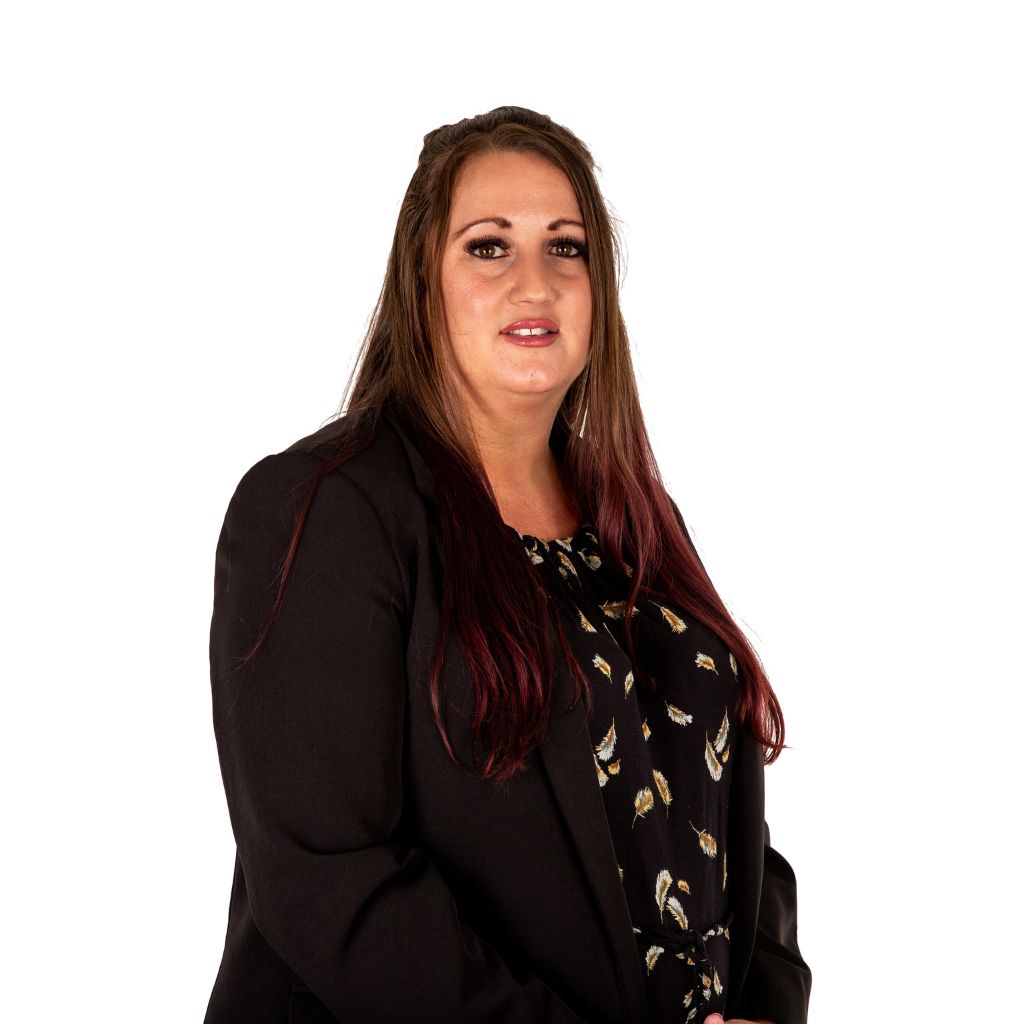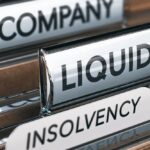If you fail to claim tax-deductible expenses, you may end up paying more tax than necessary. To prevent paying too much tax, it’s important to learn the tax-deductible business expenses list. Claiming legitimate tax deductions helps keep your tax bill lower. To find out more about the ultimate business expenses list, continue reading.
What are Business Expenses?
Business expenses are the costs of a business’s day-to-day operations. However, business expenses don’t cover all costs – they’re related to costs used solely to run a business. Claiming tax-deductible business expenses is beneficial for both you and your tax bill.
Top 10 Tax-Deductible Business Expenses List
Let’s take a look at the top 10 tax-deductible business expenses.
1 – Mobile
Mobile bills can be deducted from your tax bill. If you have employees, they can pay phone costs themselves and be reimbursed, or have the business take a contract out in the name of the company and pay it directly.
2 – Office
Office costs, such as rent, insurance, software, and security, are considered tax-deductible expenses. Your employees may also claim these tax-deductible expenses if they have to work from home. Employees can check HMRC to see if they’re able to claim tax relief for work-from-home expenses.
3 – Equipment
Computers, mobile phones, printers, printer ink, and a range of stationery, like pens, paper, and envelopes, are considered office equipment. While this falls under office costs, many businesses are surprised to find that you can claim tax on everyday office equipment.
4 – Travel
You likely can’t claim for travel to and from work, but you can claim tax relief on work-related trips. This includes costs for renting an apartment while working away or paying for a hotel on a business trip. You may also be able to claim expenses on food and drink, parking fees, and public transport fees while you’re away. To claim tax relief, you should keep receipts as proof.
5 – Vehicle
If you hire a vehicle exclusively for business purposes, then you can claim the expenses back from your tax return. If you use the vehicle over weekends or evenings for personal use, then you should calculate how often you use it for business and only claim that figure back. You can also claim mileage as a deductible expense. For example, for cars and vans, you can claim:
- 45p per mile for up to 10,000 miles
- 25p for each mile after
6 – Clothing
You can claim tax relief for a work uniform, such as overalls or boots, according to HMRC. Certain occupations require a specific uniform, like working for the police.
7 – Advertisement
Business advertisement and marketing costs are considered a tax-deductible expense. This could be advertising across online platforms, such as social media, or on the radio, TV, and print outlets, like newspapers, flyers, and magazines.
8 – Staff
A variety of staff expenses are covered when it comes to tax relief. From salaries to bonuses and pensions, you can likely claim most staff business costs as a deductible expense.
9 – Services
If you pay for accountants or bookkeeping services for business use, then you could claim them as a business expense when filing your tax return. However, if the expenses occur due to a HMRC enquiry that proves to be due to fraud or negligence, then you can’t claim them back.
10 – Training
Training is beneficial for all companies. Luckily, the cost of training courses used for business purposes can often be claimed back. If you take personal courses that aren’t related to your business, then you won’t be able to claim them. The cost of training is generally only valid when it’s deemed useful to the business or job role.
Do Tax-Deductible Rules Change if You’re a Sole Trader or Limited Company?
Yes, the rules for claiming tax-deductible expenses in the UK vary depending on whether you’re operating as a sole trader or a limited company. This is due to the difference in tax rules. A sole trader pays Income Tax and National Insurance on profits, whereas a limited company pays Corporation Tax on profits. This can affect what can be claimed as a tax-deductible expense.
How We Can Help
At LJS Accounting Services, we offer tailored and personal tax advice to help claim tax-deductible business expenses. This means we can help organise your financial affairs while providing a clearer understanding when it comes to claiming tax relief.
Additionally, our trusted team of friendly professionals can explain in greater detail what business expenses you can and can’t claim, regardless of whether you operate as a sole trader or limited company.
To learn more about how we can help manage tax-deductible business expenses, please contact us today!

Keli Evans, Director at LJS Accounting Services, excels in taxation and statutory accounts. With a focus on strong client relationships, she leads a diverse portfolio, overseeing vital financial aspects like VAT, payroll, pensions, and taxation with a holistic and committed approach.







